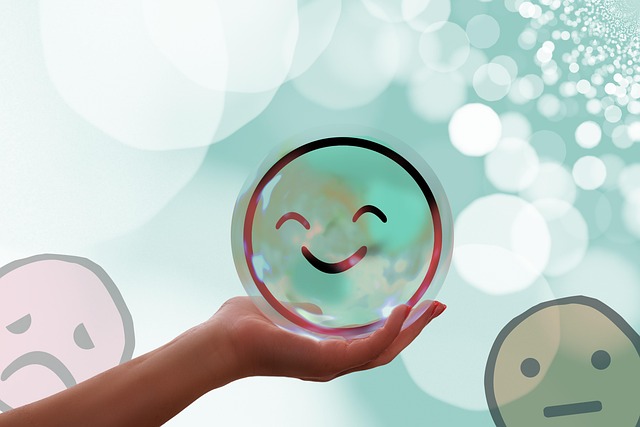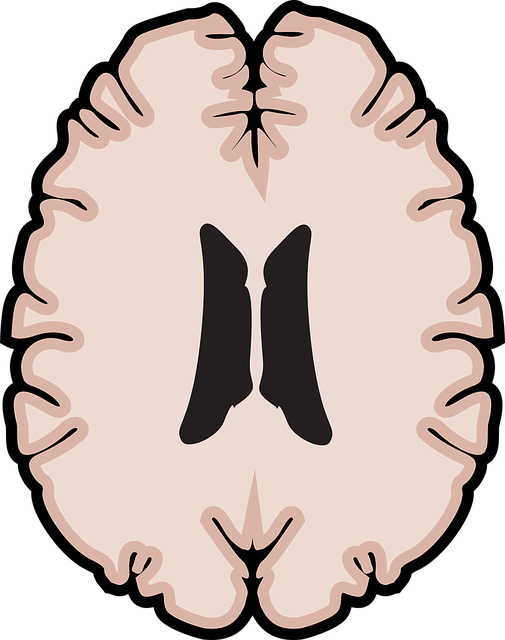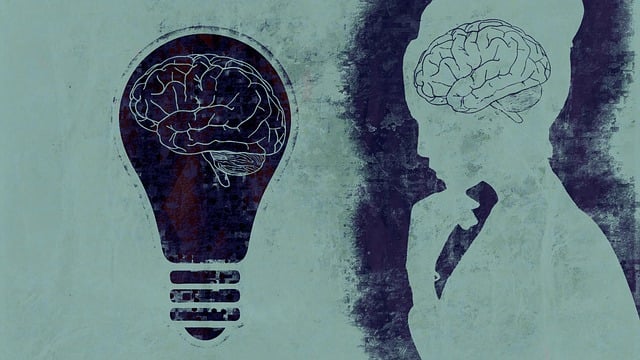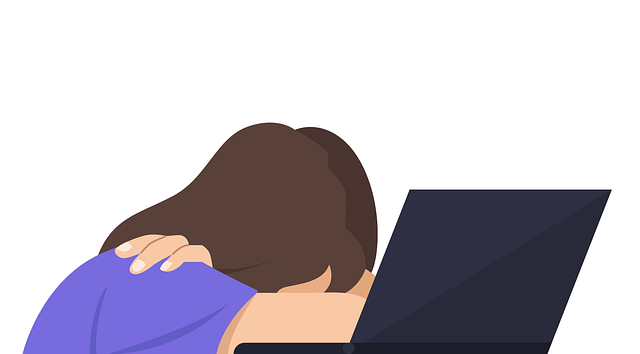Mental health is a key aspect of healthy aging, with challenges like isolation and loss of independence impacting older adults' emotional well-being. Journaling has emerged as an effective therapy for elders, offering emotional processing, reflection, and self-awareness – essential components of modern therapy. Regular journaling can alleviate PPD symptoms and enhance coping strategies in seniors, demonstrating its potential as a transformative tool for mental wellness. By providing a safe space for expression and reflection, journaling helps gain insights, challenge stigma, and improve self-esteem, ultimately fostering emotional well-being. Integrating tailored prompts into mental wellness coaching programs offers comprehensive trauma support services for elders dealing with PPD.
“Mental wellness journaling offers a powerful and accessible therapeutic tool for individuals of all ages. This article explores the transformative potential of journaling as a means to navigate mental health challenges, focusing on two key areas: supporting elders’ well-being and providing relief for new mothers experiencing postpartum depression. We delve into effective techniques to unlock the benefits of this practice, offering guidance on how journaling can enhance overall mental wellness and serve as a therapeutic companion.”
- Understanding Mental Health and Aging: Unlocking the Power of Journaling for Elders
- Postpartum Depression and Journaling: A Therapeutic Approach for New Mothers
- Effective Journaling Techniques to Enhance Overall Mental Wellness
Understanding Mental Health and Aging: Unlocking the Power of Journaling for Elders

Mental health is a crucial aspect of overall well-being, especially as individuals age. Understanding and addressing mental wellness in older adults is essential, as it can significantly impact their quality of life. Many elders face unique challenges that may contribute to anxiety, depression, and other mental health issues. These can include social isolation, physical health changes, and the loss of independence. Recognizing these potential struggles is the first step towards providing support and implementing effective solutions.
Journaling has emerged as a powerful therapy for elders, offering a means to process emotions, reflect on experiences, and gain self-awareness. By putting pen to paper, individuals can unlock valuable insights and cultivate mindfulness—core principles of many modern therapy practices. This simple yet profound exercise encourages elders to explore their thoughts and feelings, potentially alleviating symptoms of postpartum depression or other mental health concerns. Through regular journaling, one can develop a deeper understanding of themselves, enhance coping strategies, and even find relief from anxiety, tapping into the transformative power of self-awareness exercises.
Postpartum Depression and Journaling: A Therapeutic Approach for New Mothers

Postpartum depression (PPD) is a common yet often misunderstood mental health challenge facing new mothers. The overwhelming feelings of sadness, anxiety, and exhaustion can leave many women feeling isolated and helpless. Journaling offers a powerful therapeutic approach to combat PPD, providing a safe and private space for expression. By putting pen to paper, moms can explore their emotions, track their moods, and gain valuable insights into their experiences.
This simple yet effective practice allows them to confront the stigma surrounding mental illness and embrace self-care. Through regular journaling, new mothers can improve their self-esteem, develop coping mechanisms, and strengthen their resilience. By engaging in mindful reflection and utilizing the mind over matter principles, they can gradually reclaim their emotional well-being and nurture a healthier relationship with themselves.
Effective Journaling Techniques to Enhance Overall Mental Wellness

Effective journaling can serve as a powerful therapy for elders dealing with mental health issues like postpartum depression. By reflecting on their thoughts and emotions in writing, they can gain valuable insights into their feelings and experiences. One technique involves setting aside dedicated time each day to write freely about any challenges or triumphs. This practice helps in processing complex emotions and identifying patterns that contribute to mental wellness.
Additionally, incorporating specific prompts tailored to common mental health concerns can enhance the journaling experience. For instance, prompts focused on gratitude, positive affirmations, or even memories from childhood can stimulate thoughtful responses. These exercises not only provide a safe space for expression but also encourage self-awareness and personal growth. Moreover, integrating these practices into established mental wellness coaching programs development can offer valuable trauma support services, ultimately improving the overall well-being of individuals seeking mental health guidance.
Mental wellness journaling is a versatile tool that can benefit individuals across various life stages, from elders exploring their mental health and aging to new mothers grappling with postpartum depression. By integrating effective journaling techniques into daily routines, people can enhance their overall mental wellness, fostering resilience and personal growth. Whether as a therapeutic approach or a simple self-care practice, journaling offers a safe space for expression, reflection, and healing.













